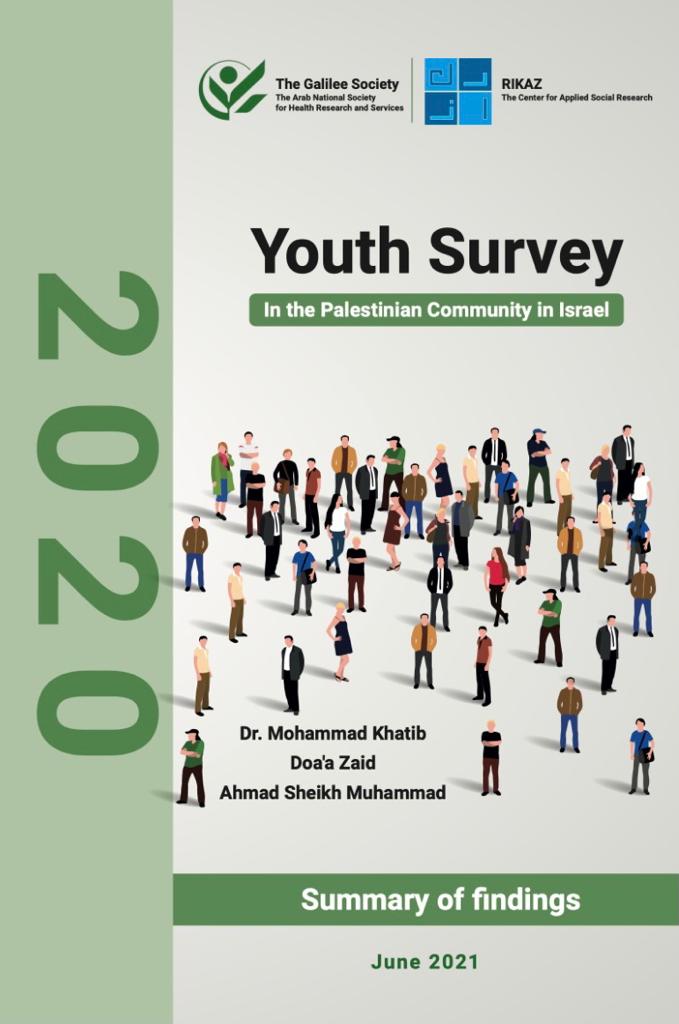The Citizen’s Forum for Health Development in the Galilee composed of over 250 Jewish and Arab professionals and experts from various fields of health and social institutions works on the development of health services in the North through social and policy change.
Within this Forum framework, the Galilee Society in partnership with Shatil, Ziv Hospital, and other partners organized the third conference for Health Equality in the Galilee which was held in the cinematic Tiberius on May 5th 2017.
The conference presented a combination of panels, short lectures and round-table discussions and included speakers from the academic institutions in the Galilee, health professionals, and ministry of health representatives.
The conference opened with the greetings of the Mayor of Tiberias, Mr. Yossi Ben David; the Director of Poriya Medical Center, Dr. Erez On; the Director of Ziv Hospital, Dr. Salman Zarka; the Executive Director of Shatil, Mrs. Ronit Heyd, and the General Director of the Galilee Society, Mr. Baker A’wawdy.
Following the opening remarks, Dr. Mohammad Khatib, senior health researcher, presented the results of Rikaz Health and Environment Survey 2015, clearly showing deterioration in the health sector in the Galilee, particularly among the Palestinian society. The main findings of the research suggest an increase in smoking practices and a disturbing 100% increase in the rate of patients with chronic diseases such as diabetes, hypertension and high cholesterol within the last decade. The survey findings present evidence of the gradual decline of the health situation and the lack of awareness among the citizens regarding their illnesses and health rights. They also point to indifference and negligence in health-related habits and practices among certain groups and individuals.
The first panel discussed about the importance of Standardization of the Israel public health law as an essential way to health and was moderated by the attorney from ACRI, Ms. Debby Gild Hayu and Dr. Carmel Shalev, former legal advisor of the health ministry.
Professor Ofer Amir, Director of Cardiology at Poriryah Hospital – discussed the dire need for local authorities to listen to the needs of their local hospitals.
Dr. Bisharra Basrat – discussed the damage that results from the lack of standards regarding the waiting times for appointments and not necessarily from a lack of standards in infrastructure, which hurts the weakest populations and worsens the inequities. He also discussed the importance of investing in professional family medicine.
Dr. Ayala Cohen, Head of the Department of Social Work at Tel Hai Academic College, emphasized the need to take a holistic view: for example, when you do not invest in one area, you end up needing twice as much investment in another area; so you are not really conserving resources.
Dr. Ran Katz – Director of Urology, ZIv Hospital, expressed the position that the standards should be increased and that in order to become more productive, quality manpower is needed – you can turn a good department into an excellent one with cooperation, human resources and knowing how to take advantage of them.
Nir Kedar, Director General of the Ministry of Health for Strategic and Economic planning, detailed the areas in which the Ministry has already set standards and is investigating to expand standardization that takes the needs of weaker communities into account.
Following the panel discussion, a Question & Answer session took place and the panelists agreed that the need to set standards for distances and time-waits is essential.
As Dr. Emauel Trajtenberg stated: “Nowhere in the world you can drive 10 kilometers and meet a life expectancy gap of four years”. He pointed out that the public funding has become “anorexic” and that nothing will happen until you “get to Jerusalem and shout”. He also mentioned the case of a multi-level day-care center in Israel in Kiryat Bialik explaining that nowhere in the world are there so many women in the work force with as paltry solutions for childcare as there are in Israel. He presented a model for early childhood care in order to reduce social gaps.
After lunch, Professor Michael Weingarten discussed the importance of civil society and local activism in health promotion.
The day closed with small group sessions discussing topics such as:
1) The Problems of Competition Among Health Funds;
2) Local Authorities Advancing Health;
3) Early Age Care as a Solution for Closing Health Gaps; and
4) Managing Chronic Illness in the North
This conference focused less on representing prestigious government officials, and more on shining the light on local professionals that are part of the agenda.
As a conclusion, the conference brought forward clear messages, highlighting the excellence and dedication of many health professionals in the North, and the lack of standardization in waiting times and travel distances to appointments, which prevents the medical institutions from developing to their fullest capacities and providing services at a highest level.


